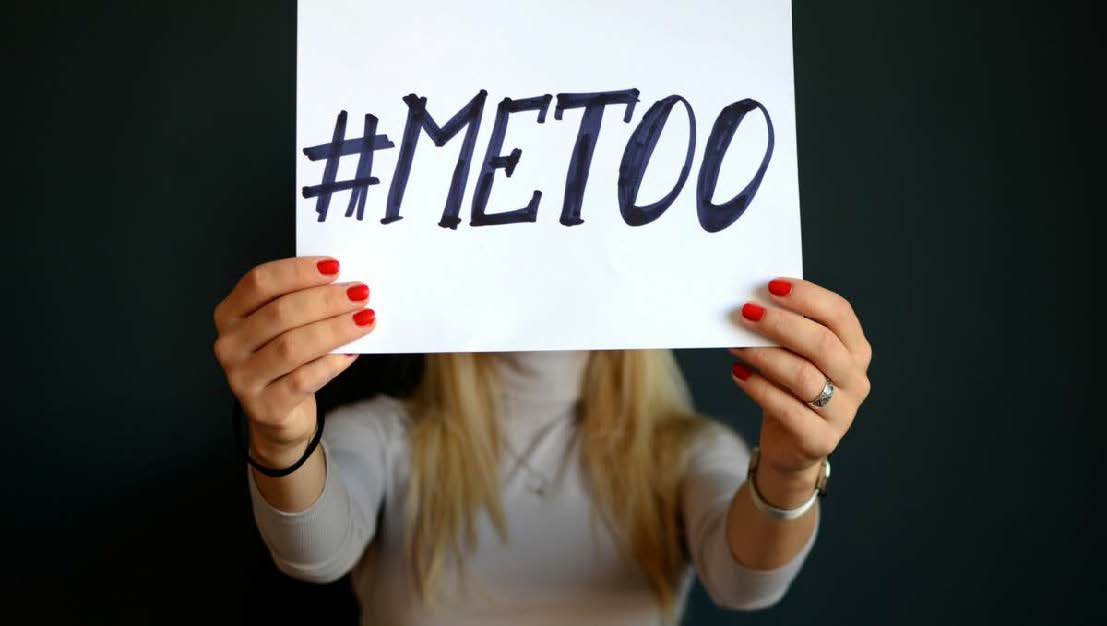
Background
Illinois has joined New York and California in legislating an increase in employee protections to combat discrimination and harassment in the workplace. The new legislation, signed into effect by Governor J.B. Pritzker on August 9, 2019, comprehensively reshapes the landscape of sexual harassment and discrimination law in Illinois. It not only prohibits discrimination, harassment, and retaliation, but also creates three new laws to protect employees.
Summary
Below is a summary of the three new laws:
- Workplace Transparency Act (WTA) (Effective January 1, 2020, with the exception of the employer disclosure requirement noted below under “New Reporting Requirements and Training”)
- Limitations on Employment Agreements
- Under the WTA, employers are prohibited from entering into any contract, agreement, clause, covenant, waiver, or other document restricting an employee from reporting allegations of unlawful conduct.
- Expanded Definitions of Discrimination and Harassment and Employee Privacy Protections
- The WTA strengthens the ability of employees to report allegations of sexual harassment, discrimination, or retaliation to federal, state, or local officials. It prohibits employers from disclosing the name of a victim of an act of alleged sexual harassment or unlawful discrimination in any disclosures.
- Limitations on Arbitration Agreements
- Illinois employers will need to rethink language in their arbitration agreements to the extent that the agreements have language that the agreement is contingent upon “employment or continued employment” as these types of agreement conditions are often not enforceable.
- Annual Sexual Harassment Prevention Training
- Employers are now required to provide, at a minimum, annual sexual harassment prevention training to all employees.
- Limitations on Employment Agreements
- Hotel and Casino Employee Safety Act (Effective July 1, 2020)
- This law requires that employees within these industries be provided with a means of notifying someone for help when they work alone and are in danger of being sexually assaulted or harassed.
- Hotels and casinos must also develop written anti-sexual-harassment policies that protect employees from assault and harassment by patrons.
- Sexual Harassment Victim Representation Act
- Under this act, when a union member is a victim of sexual harassment by a member of the same union, the union must assign different union representatives for the victim and the accused perpetrator.
New Reporting Requirements and Training
The new legislation also expands the Illinois Human Rights Act (IHRA) to include new reporting requirements and mandatory sexual harassment training. Beginning July 1, 2020, employers that have at least one adverse judgment or ruling related to sexual harassment or unlawful discrimination must disclose this information to the Illinois Department of Human Rights and indicate whether any equitable judgment relief was ordered against the employer. The legislation also requires that all employers covered by the IHRA must train employees at least once a year. The Department of Human Rights will have to create a model training program that will be provided to the public at no cost. Employers may either adopt this Department-provided training or create their own training that equals or exceeds the model program.
Next Steps for Employers
- Ensure that you are providing annual sexual harassment training that meets or exceeds the requirements of the Illinois Department of Human Rights.
- In the event you do find yourself dealing with an incident of harassment and receive an adverse judgment, be sure you are reporting that to the Department of Human Rights at least annually.
- Familiarize yourself with the new law, especially if you work in a hospitality or union environment.
- Be sure that any union you are engaged with is assigning different union representatives to the accused in a harassment investigation.
- Have your outside employment attorney review your arbitration agreements to ensure they are still enforceable.
- If you are a Full-Service or Virtual HR client and would like our assistance with updating your policy or providing annual sexual harassment training, please email us.
The People Simplifying HR
For almost twenty years, HR Knowledge has made it our mission to demystify the complex and daunting process of HR management. We do more than just provide the level of service and technology you’d expect from an industry leader.
We combine an unparalleled passion for service with our decades of HR, payroll, and benefits experience to provide our clients with personalized and actionable advice that is second—to—none.
From managed payroll to employee benefits to HR support, we can help your organization thrive, grow, and reduce operating costs — no matter what industry you serve. Whether you’re interested in our Full-Service solution or just need your employee handbook written, HR Knowledge can help you minimize risk while staying on top of compliance regulations.
The bottom line? We’re not just another cloud-based technology company that also does HR, #WeAreHR.
This content is provided with the understanding that HR Knowledge is not rendering legal advice. While every effort is made to provide current information, the law changes regularly and laws may vary depending on the state or municipality. The material is made available for informational purposes only and is not a substitute for legal advice or your professional judgment. You should review applicable laws in your jurisdiction and consult experienced counsel for legal advice. If you have any questions regarding this content, please contact HR Knowledge at 508.339.1300 or email us.
DOWNLOAD PDF